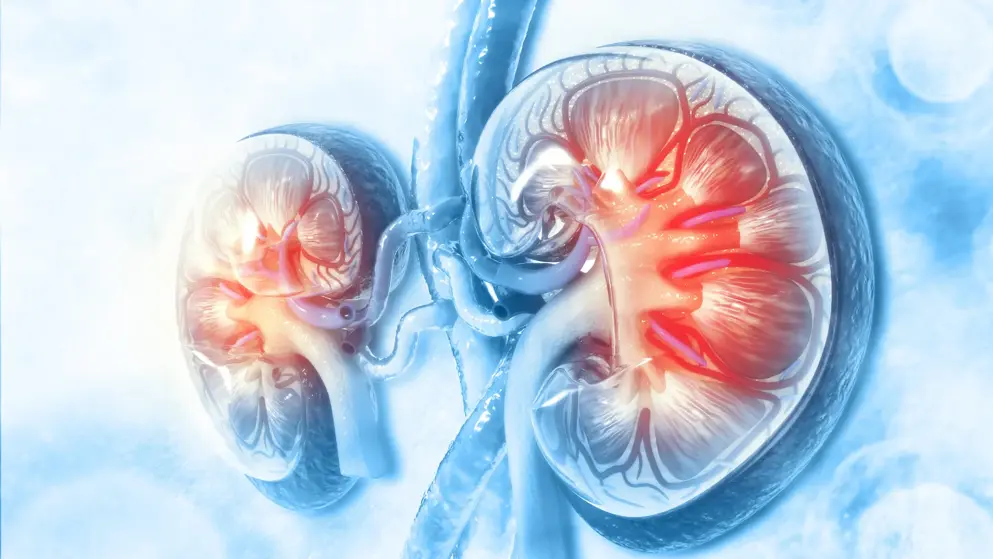Long-term efficacy of vildagliptin in patients with type 2 diabetes undergoing hemodialysis.
Background: There are few studies evaluating long-term glycemic control using a dipeptidyl peptidase-4 inhibitor in type 2 diabetes patients with end-stage renal disease (ESRD). The aim of this study was to evaluate the safety and efficacy of vildagliptin therapy over 2 years in type 2 diabetes with ESRD.
Methods: Patients with ESRD resulting from type 2 diabetes requiring dialysis who had ≥20 % glycated albumin (GA) were enrolled. Vildagliptin 50 mg once daily was administered for 2 years. Changes in GA and dry weight were evaluated.
Results: In 32 patients (24 men and 8 women) aged 68.3 ± 1.9 years, vildagliptin 50 mg once daily was administered for 2 years, but the dose was increased to 50 mg twice daily in 15 patients. GA was significantly reduced by 2.6 ± 0.6 %, from 22.4 ± 0.6 % at baseline to 19.8 ± 0.4 % at 2 years. After 2 years of vildagliptin therapy, 15 (46.9 %) of 32 patients achieved a GA level of <20 %. Dry weight changed slightly, with an increase of 1.3 ± 0.8 kg at 2 years. No adverse drug reactions related to treatment with vildagliptin were seen.
Conclusions: Vildagliptin is a promising therapeutic option for safe, effective glycemic control in type 2 diabetic patients with ESRD.
Featured Learning Zones
You may be interested in...
The 2023 update of the German Society of Neurology’s guideline on Parkinson’s disease (PD) provides detailed recommendations on the use of transcranial brain parenchyma sonography (TCS) for early and differential diagnosis. This update addresses previously unspecified diagnostic criteria and investigator qualifications, offering a robust framework based on a systematic literature review.



